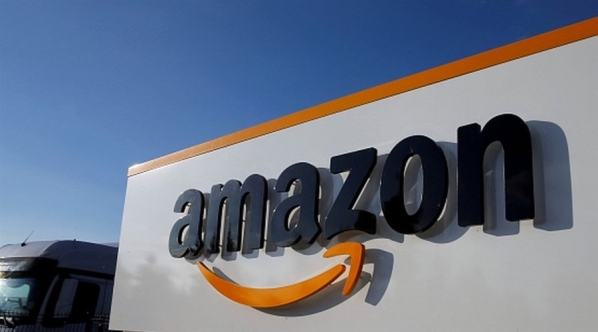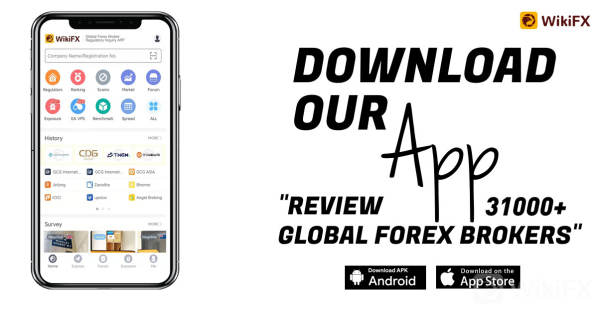
At least for a part of the market, corporate bonds may become a real alternative.
In Europe, the annualized consumer inflation indicator from Germany showed a fresh update at 7.3%, while average retail prices gained 2.5% on the monthly basis in March. Both figures are sounding alarms, so that another clear sign of fall in the value of money may call investors to convert more Euro-nominated funds into potentially rising market assets. The crowd is braced for a tense expectation of the European Central Bank's (ECB) hard effort to give or not to give initial hawkish clues at its meeting on April 14.
The leading European stock index futures are losing ground. The next psychological supports of 14,000 for the German Xetra DAX prices and 6,400 for the French CAC 40 are at the risk of surrendering then yielding the right-of-way to bears. Some members of the market who are always eager to buy dips are still present but they represent a tiny minority as the S&P 500 major indicator of Wall Street's touched below the 4,400 landmark.
The flagships of the market, Apple and Microsoft, dropped by 2.55% and 3.94%, respectively, with the iPhone-maker not attracting immediate safe-haven attention even at prices of about $165 per share, after the recent $180 zone, while Microsoft has been hit for a while after UBS estimated that Office 365, its second-biggest profit source, may see some slower growth ahead as the work from home trend is not so strong.
News of some cancellations for consumer graphics processing units (GPUs) with the coming fork for Ethereum cryptocurrency partially lowered demand which led Nvidia prices 5.2% lower to touch the area below $220 per share on Monday's close, although the semiconductors manufacturer was storming the $290 hill just at the end of March when its CEOs announced the placement of Nvidia's chip production on the facilities of its Intel rival soon.
The regular release from the U.S. Bureau of Labour Statistics with an anticipated new 40-year consumer price record of 8.4% rather throws the market into confusion, yet it does not encourage immediate action, while investors are torn between the opportunity to wait for some better moment on stocks or just invest in Treasury bonds. The decision is not so easy as bond yields are growing almost every day, “promising” to become a better investment tomorrow or even the day after tomorrow.
At least for a part of the market, corporate bonds may become a real alternative, a fact that has resurfaced after Amazon, the world's largest e-commerce platform, kicked off a seven-part investment-grade bond sale including its 40-year debt papers. Amazon wants to use the money to fund acquisitions to open new warehouses and even send broadband-streaming satellites into space, also sharing buybacks and repaying its previous debt as well. A 40-year security of Amazon may yield 1.55% over the U.S. public Treasuries, Reuters said according to “a person with knowledge of the matter”.
Amazons cash equivalents and marketable securities are now reportedly at their all-time high of $96 billion, but this is actually not a large sum compared with more than $1.5 trillion of its cap. Amazon's Q4 report set a record in terms of profit and revenue, and the company also announced a 20-to-1 stock split to attract smaller private investors. Amazon shares fell less than many other tech giants on Monday, losing only about 2% to remain above $3,000 per share.

Leave a Reply